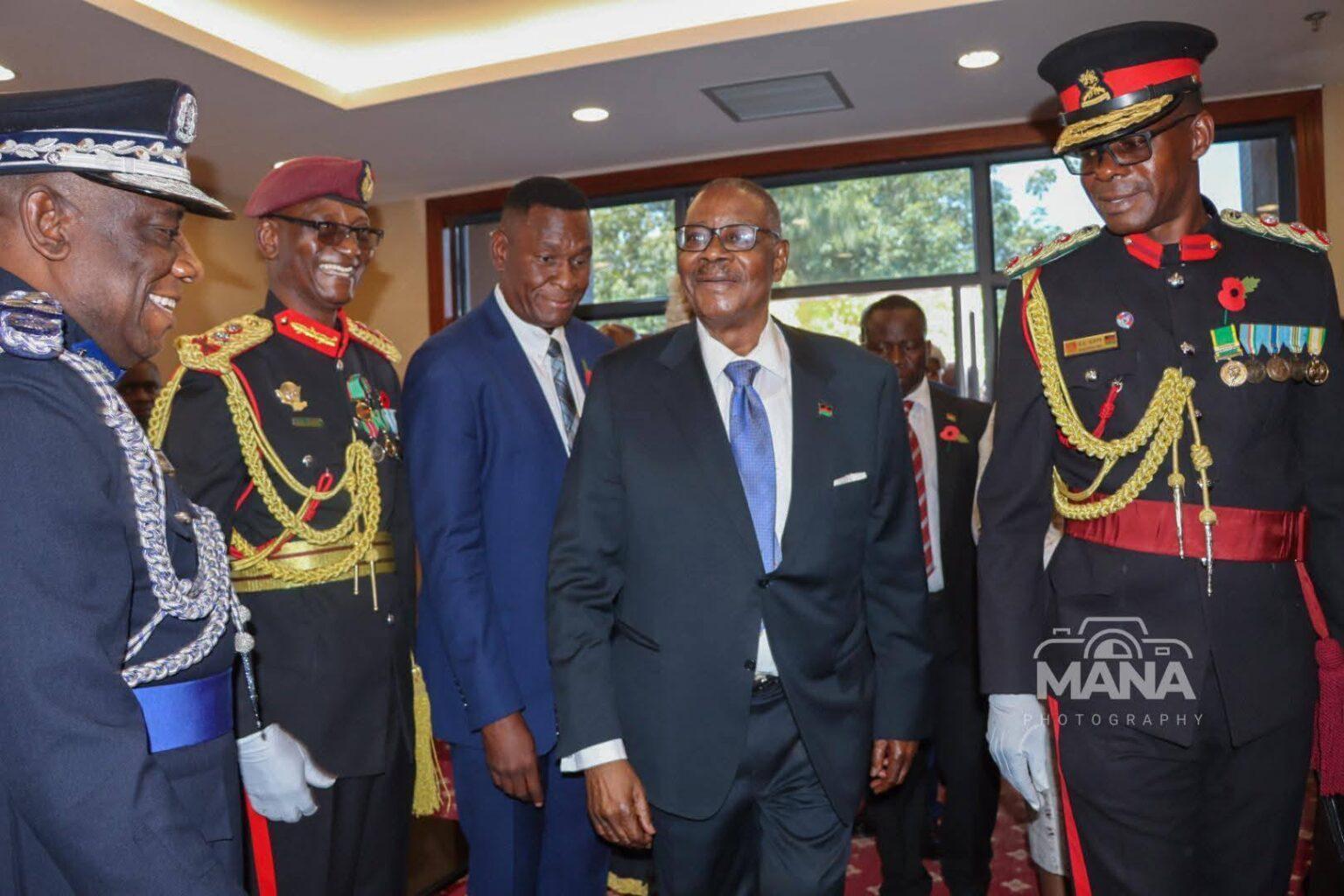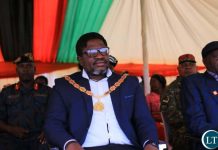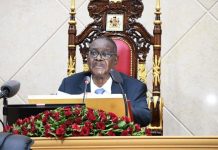Africa-Press – Malawi. President Arthur Peter Mutharika has laid out a sweeping and urgent programme aimed at stabilising Malawi’s struggling economy and restoring public confidence in government institutions.
Delivering the State Opening of Parliament in Lilongwe on Friday, Mutharika said Malawians voted for “proven and trusted leadership” after years of economic distress and governance breakdown, and that his administration has already begun implementing decisive measures to correct what he termed a “badly misaligned” economy.
The President expressed deep concern over soaring inflation, which currently stands at 28.2 percent compared to 8.6 percent five years earlier, and the widespread shortages of forex, fuel, fertilizer and essential medical supplies. He described the country’s economic situation as one that has placed a heavy burden on families, noting that essential items such as food, salt and soap have become difficult for ordinary Malawians to afford.
Mutharika further highlighted that national public debt has ballooned to MK21.6 trillion from MK4.1 trillion in 2020, bringing long-term fiscal sustainability into question. He explained that his government has already initiated engagements with development partners on debt treatment and expanded financing options to restore stability.
Turning to food security, the President acknowledged that over four million Malawians are currently in need of food support. As an immediate response, his administration has procured 200,000 metric tons of maize from Zambia for free distribution across affected communities. He added that additional stocks will be released through ADMARC to ease pressure on local markets.
Agriculture reform featured prominently in Mutharika’s agenda. He announced the re-introduction of the Farm Input Subsidy Programme (FISP), signalling a departure from the previous administration’s Affordable Inputs Programme. Under the revived FISP, 1.1 million households will access subsidised fertilizer and seeds, with each 50kg fertilizer bag costing MK10,000. The President also ordered strict enforcement against the sale of counterfeit fertilizer, directing authorities to deal firmly with offenders. A feasibility study for establishing a local fertilizer manufacturing plant has already been completed, positioning Malawi to reduce dependency on imports in the near future.
Fuel shortages, which have been persistent for months, were also addressed. The government has committed to increasing foreign exchange allocation for fuel imports and returning to the Open Tender Procurement System to ensure transparent, efficient and timely supply. On electricity, Mutharika confirmed that the administration will expand power generation using hydro, solar, biomass and regional interconnections, with the 358.5 MW Mpatamanga Hydropower Project scheduled for fast-tracking.
Mutharika placed strong emphasis on mining as a key engine for long-term economic transformation. He reported that Kayelekera Uranium Mine has resumed production, while major rare earth and graphite mining projects in Songwe, Kangankunde and Kasiya are advancing toward development. A Sovereign Wealth Fund will be established to ensure that proceeds from mining benefit Malawians broadly.
In a significant social policy shift, the President announced the introduction of free secondary education. Tuition, examination fees, development levies and student identity fees have all been abolished, and schools have been instructed not to demand any contributions from learners except boarding fees.
A major restructuring of government funding to constituencies was also unveiled. Every constituency will receive MK5 billion per year for development projects, regardless of political affiliation. In addition, each constituency will receive MK100 million to support youth-owned businesses and another MK100 million for women’s entrepreneurship.
Mutharika closed his address by calling for the restoration of professionalism and discipline in the civil service. He pledged to empower the Anti-Corruption Bureau to prosecute cases without interference, saying the success of all reforms depends on integrity and the rule of law.
“If we get the economy right, we get everything else right,” he said, signalling a governing philosophy grounded in stability, institutional rebuilding, and economic recovery.
For More News And Analysis About Malawi Follow Africa-Press






